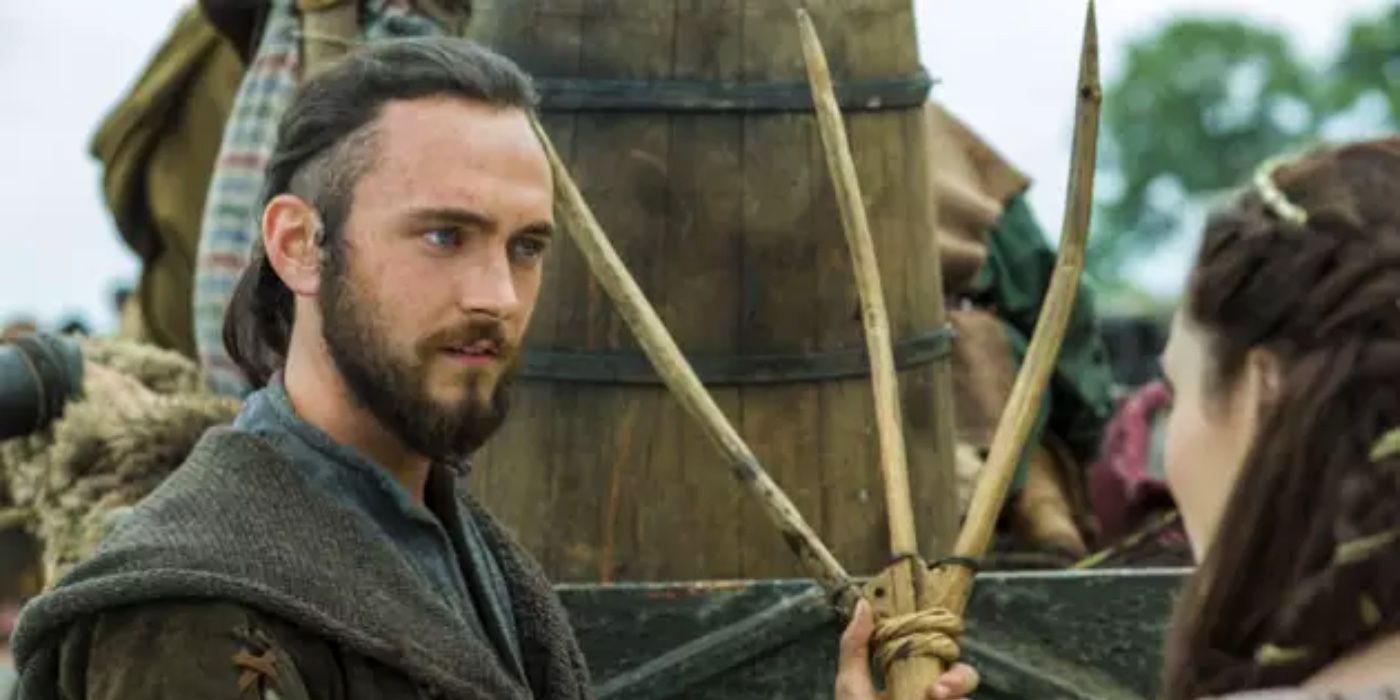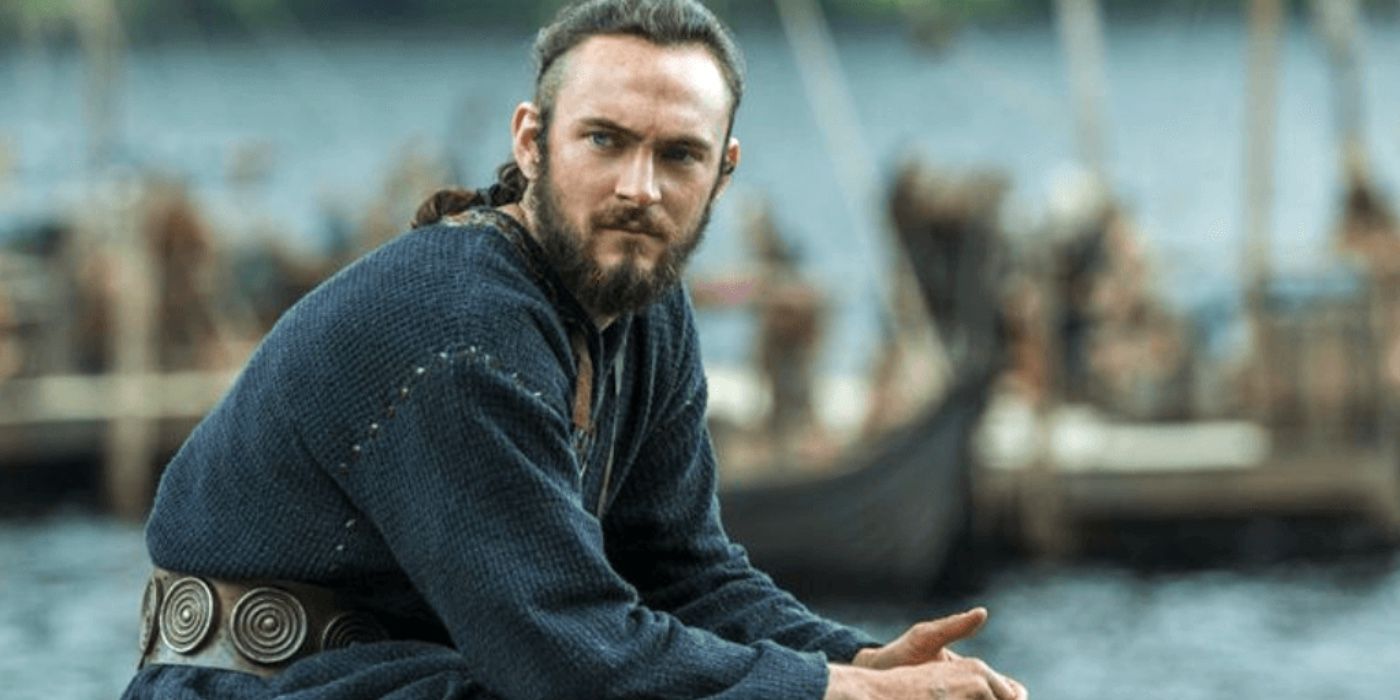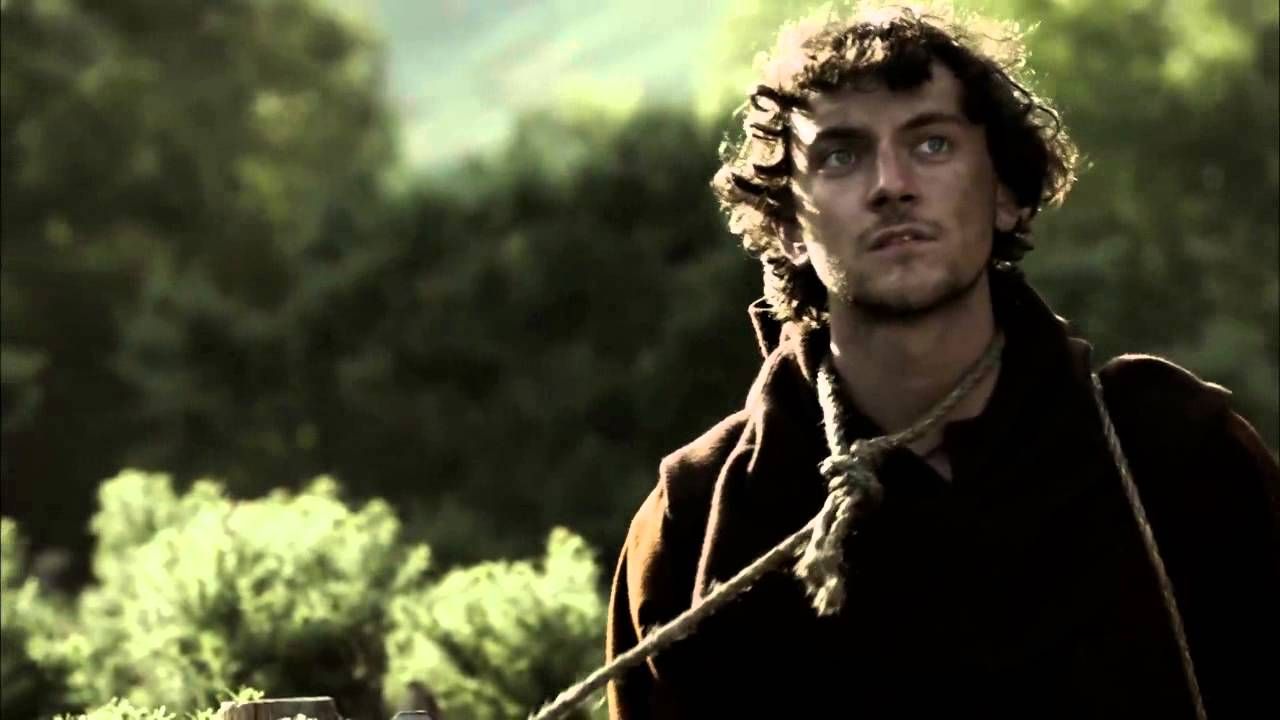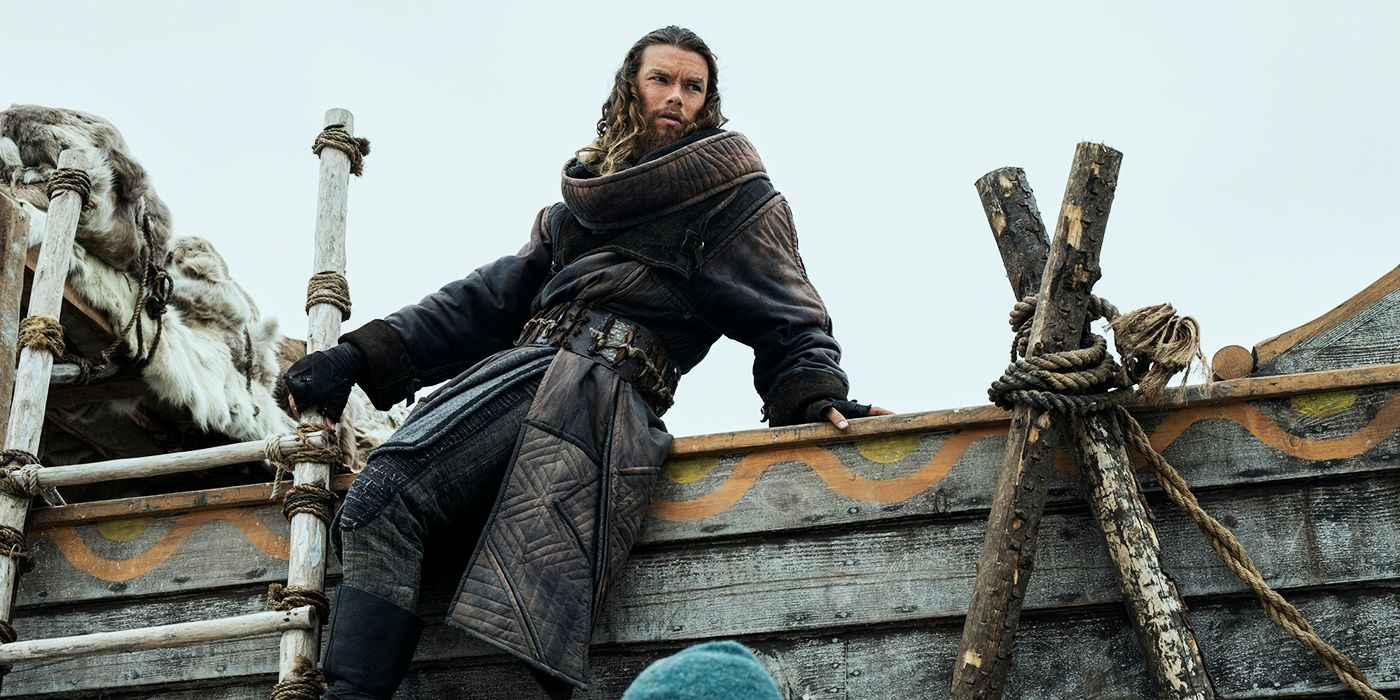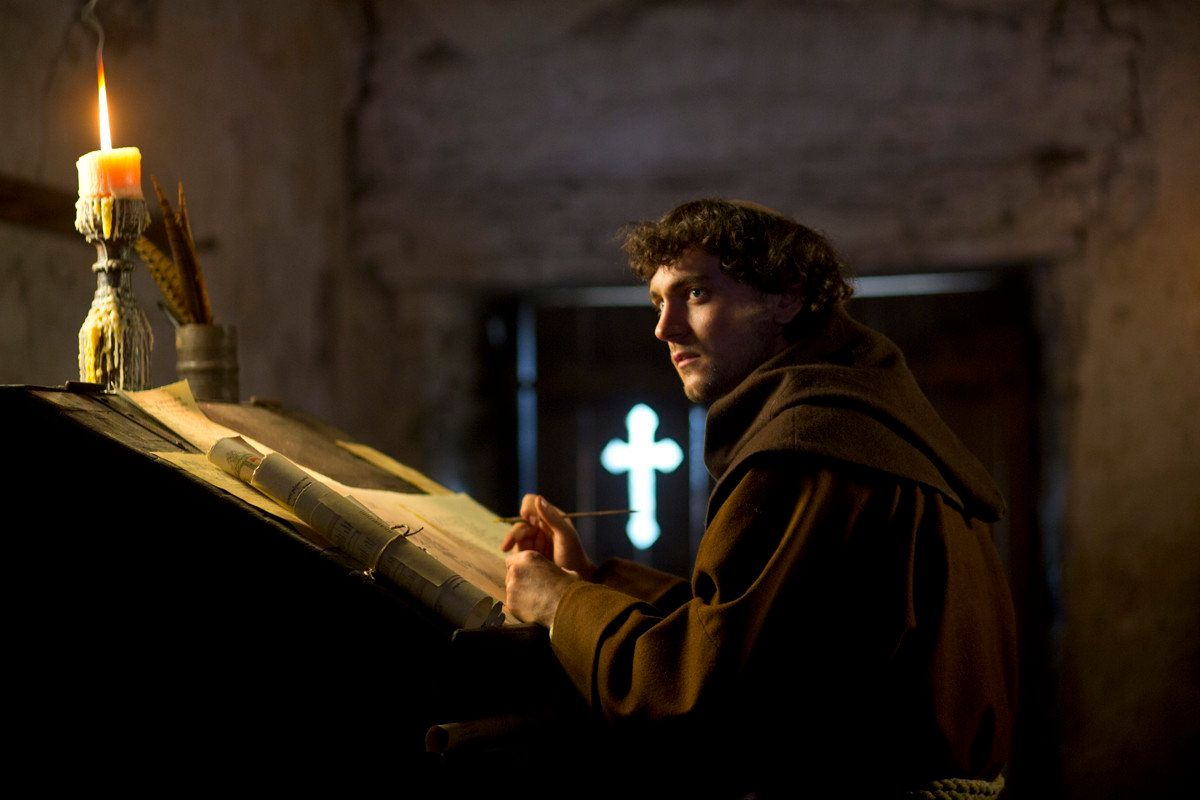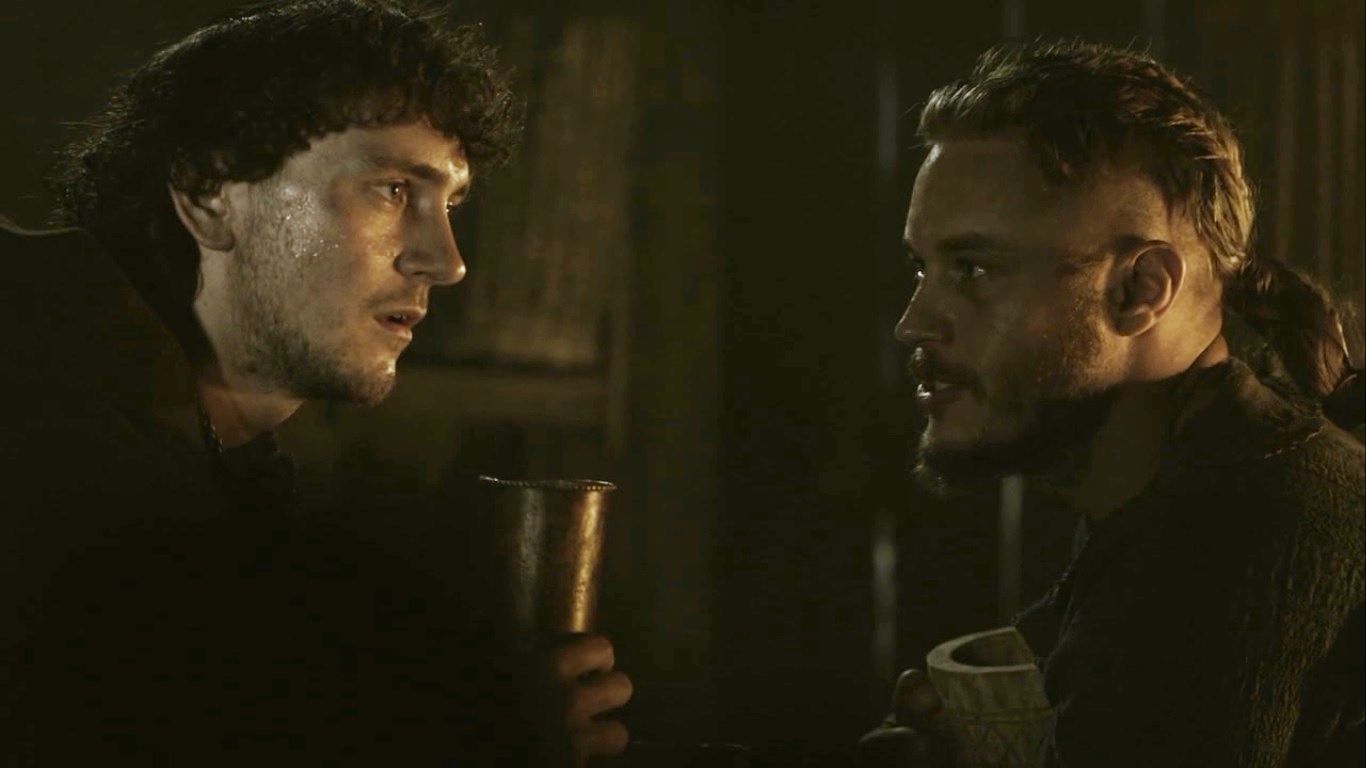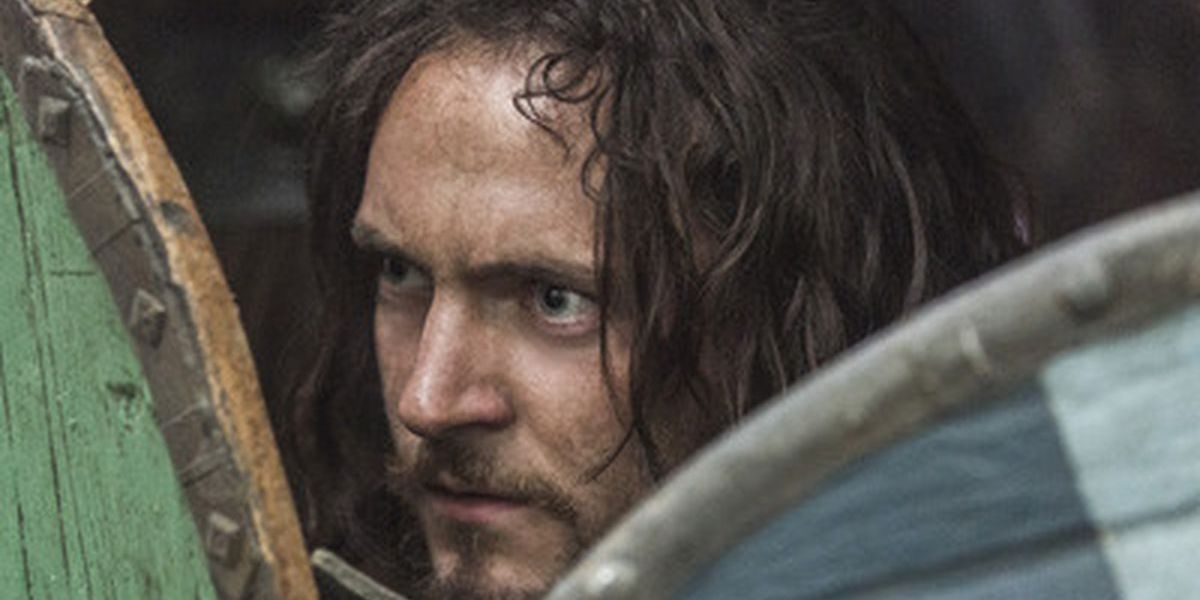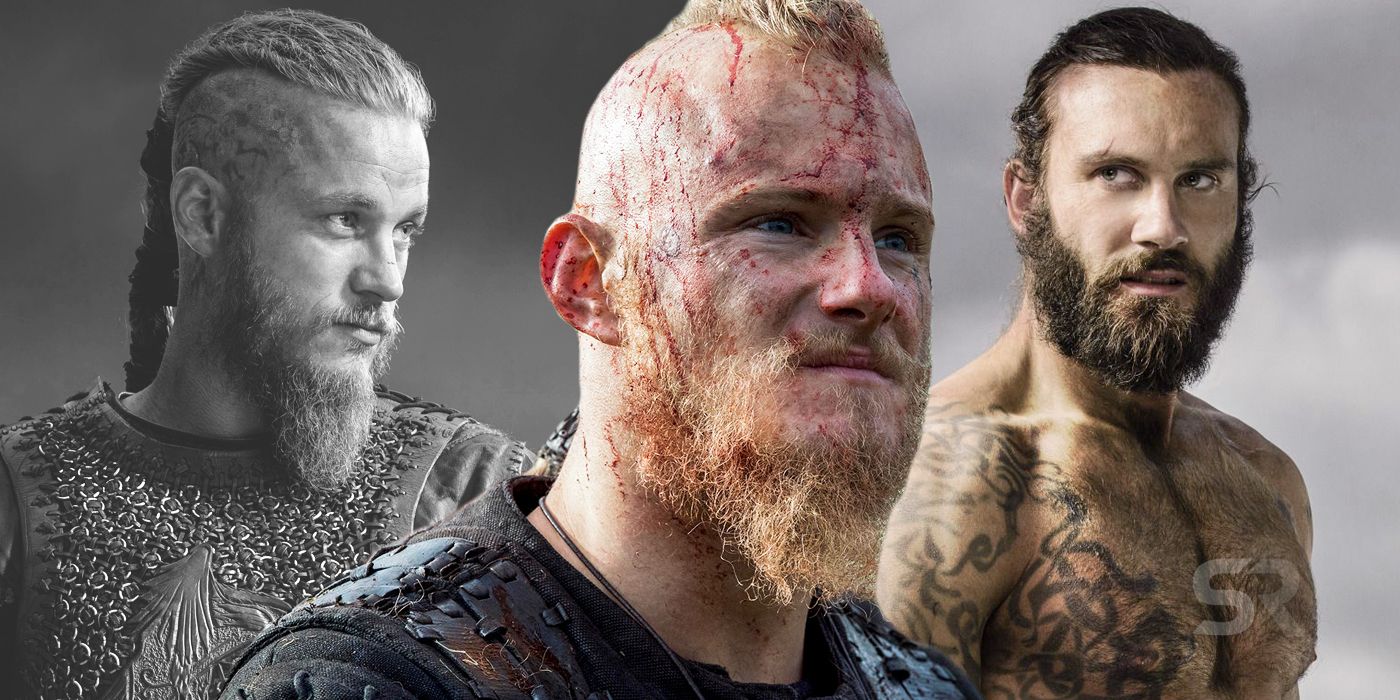
The Intriguing Tale of Athelstan: From Vikings to Valhalla

Exploring the enigmatic character of Athelstan from the TV show Vikings and its historical context, and the absence of his presence in the spin-off series Vikings: Valhalla.
The Complex Character of Athelstan
The character of Athelstan in the TV show Vikings has captivated audiences with its intriguing portrayal of a man torn between faith, loyalty, and conflicting cultures. Viewers have often wondered about the accuracy of Athelstan's story in the show, especially in relation to true Norse and Viking history. Athelstan, played by George Blagden, is a character loosely based on real historical figures, making his narrative even more compelling.
Athelstan talking to Judith on Vikings
His journey begins as a captive of Ragnar Lothbrok and the warriors of Kattegat, taken from a monastery in England. Despite being initially enslaved, Athelstan is later inducted into Ragnar's family, leading to a series of theological and philosophical quandaries. His unwavering dedication to his Christian faith in the face of conflicting beliefs and personal dilemmas adds depth to his character, making him one of the most interesting figures in Vikings.
George Blagden as Athelstan by the waters edge in Vikings
However, the accuracy of Athelstan's portrayal in the show is a topic of debate. While the character shares a name with an ancient English king, the real Athelstan has little in common with the Vikings character, leading to a complex and often misunderstood historical connection. This complexity further adds to the enigma of Athelstan's character and his place in the historical narrative.
The Complex Character of Athelstan
The Historical Context of Athelstan
The historical Athelstan, King of the Anglo-Saxons and later King of the English, presents a stark contrast to the portrayal of Athelstan in Vikings. While the show takes creative liberties with the character's story and connections, the real-life Athelstan's reign and legacy are rooted in historical events and accomplishments.
Sam Corlett as Leif Erikson leaning on a boat in Vikings: Valhalla
King Athelstan's rule marked a significant period in Anglo-Saxon history, leading to the unification of England and building upon his grandfather's legal reforms. His interactions with the Vikings, although different from the show's interpretation, played a crucial role in shaping his legacy as the first Anglo-Saxon ruler of England. The complexities of his reign, including conflicts and conquests, add depth to the historical significance of the real Athelstan, highlighting the contrast between fact and fiction in the portrayal of his character.
The Historical Context of Athelstan
The Legacy of Athelstan in Vikings: Valhalla
The absence of Athelstan and other Vikings characters in the spin-off series Vikings: Valhalla raises questions about the character's journey and legacy. While the show is set a century after the events of Vikings and follows a new narrative, the debate surrounding Athelstan's fate and his connections to the concept of Valhalla adds depth to his character's enduring influence.
The Legacy of Athelstan in Vikings: Valhalla
The conflicting beliefs and themes of Christianity and paganism, central to Athelstan's character arc, are echoed in Valhalla through the protagonist Leif Erikson's journey. The interplay of these beliefs and the in-fighting among the Vikings in the spin-off series draws parallels to the themes that shaped Athelstan's story in Vikings, highlighting the enduring impact of his character and the complex dynamics of faith and culture.
Athelstan Fighting For Ragnar
